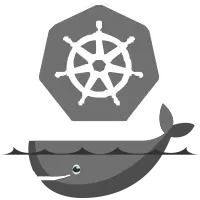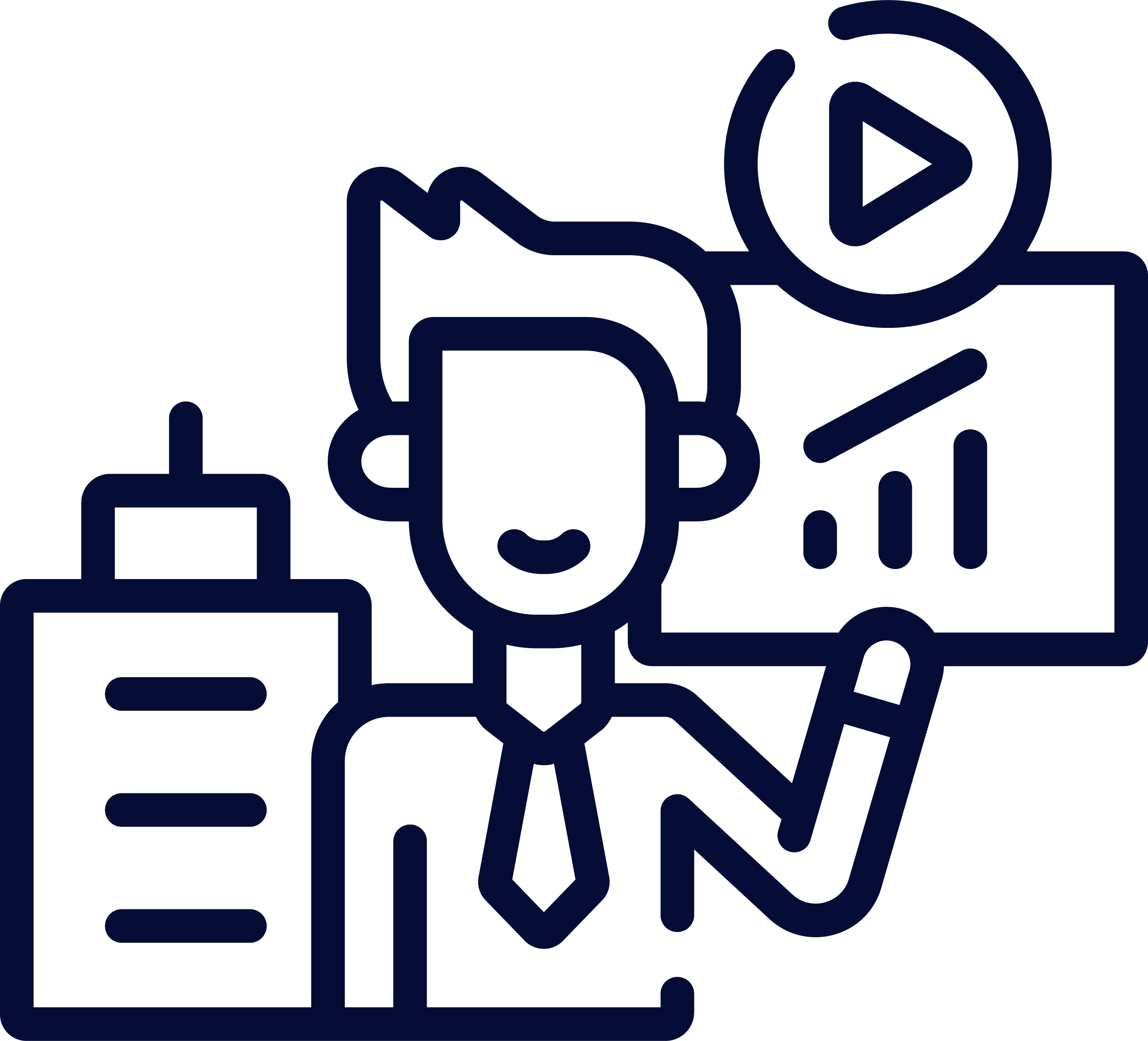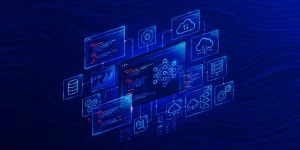
- Overview
- Curriculum
- Feature
- Contact
- FAQs
Kubernetes is an open-source orchestration system for automating management, placement, scaling and routing of containers. It provides an API to control how and where the containers would run. Docker is also an open-source container-file format for automating the deployment of applications as portable, self-sufficient containers that can run in the cloud or on-premises. Together, Kubernetes and Docker have become hugely popular among developers, especially in the DevOps world.
Both Docker and Kubernetes are huge open-source technologies, largely written in the Go programming language, that use human-readable YAML files to specify application stacks and their deployment.
Cognixia brings to you a unique training covering basic to advanced-level concepts of Docker and Kubernetes. The training offers an engaging and immersive learning experience for participants where they can take advantage of connecting with an industry expert trainer, develop their competencies to meet industry and organizational standards, as well as learn about real-world best practices.

- Fundamentals of Docker
- Fundamentals of Kubernetes
- Running Kubernetes instances on Minikube
- Creating and working with Kubernetes clusters
- Working with resources
- Creating and modifying workloads
- Working with Kubernetes API and key metadata
- Working with specialized workloads
- Scaling deployments and application security
- Understanding the container ecosystem
- Basic command knowledge of Linux
- Basic understanding of DevOps
- Basic knowledge of YAML programming language (beneficial, not mandatory)



